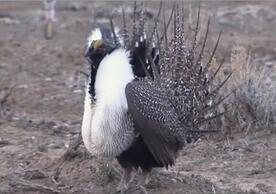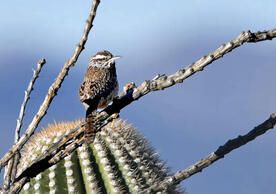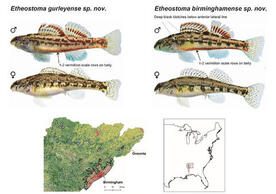
Research by Dr. Peter F. Cowman, newly appointed Gaylord Donnelley Environmental Postdoctoral Associate in the Yale Department of Ecology & Evolutionary Biology, is featured in the NY Times article - “When Coral Reefs Thrive, So Does Variety in Fish”
The fish that live off the Malay Archipelago, between Southeast Asia and Australia, are among the most diverse in the world. Now researchers are reporting that the area owes its diversity to the stability of coral reefs over the past three million years.
The reefs provided fish a safe home and the means to diversify and evolve into new species, said Peter F. Cowman, an evolutionary biologist at Yale and an author of the new research, which appears in the journal Science.
“It really drives home the fact that the past shapes the present,” he said.
Using information from underwater sediment, the scientists were able to estimate changes in surface temperatures over time. From that information, they inferred where coral reefs were and how stable they were over time. They then compared those data with the current geographic distribution of more than 6,000 species of fish.
The correlation was strong: Areas that had stable coral reefs in ancient times are now home to a wide range of fish.
“The further you go from where reef habitats were, the fewer fish you find,” Dr. Cowman said.
The region also had fragmented reefs millions of years ago, a phenomenon that forced fish populations to live in isolation, subdivide and form new species.
This is a critical point: Today, coral reefs are threatened by human factors like pollution and climate change.
“We need to manage and maintain lots of reefs,” Dr. Cowman said. “We need to preserve the system as a whole, rather than just pieces.” SINDYA N. BHANOO



